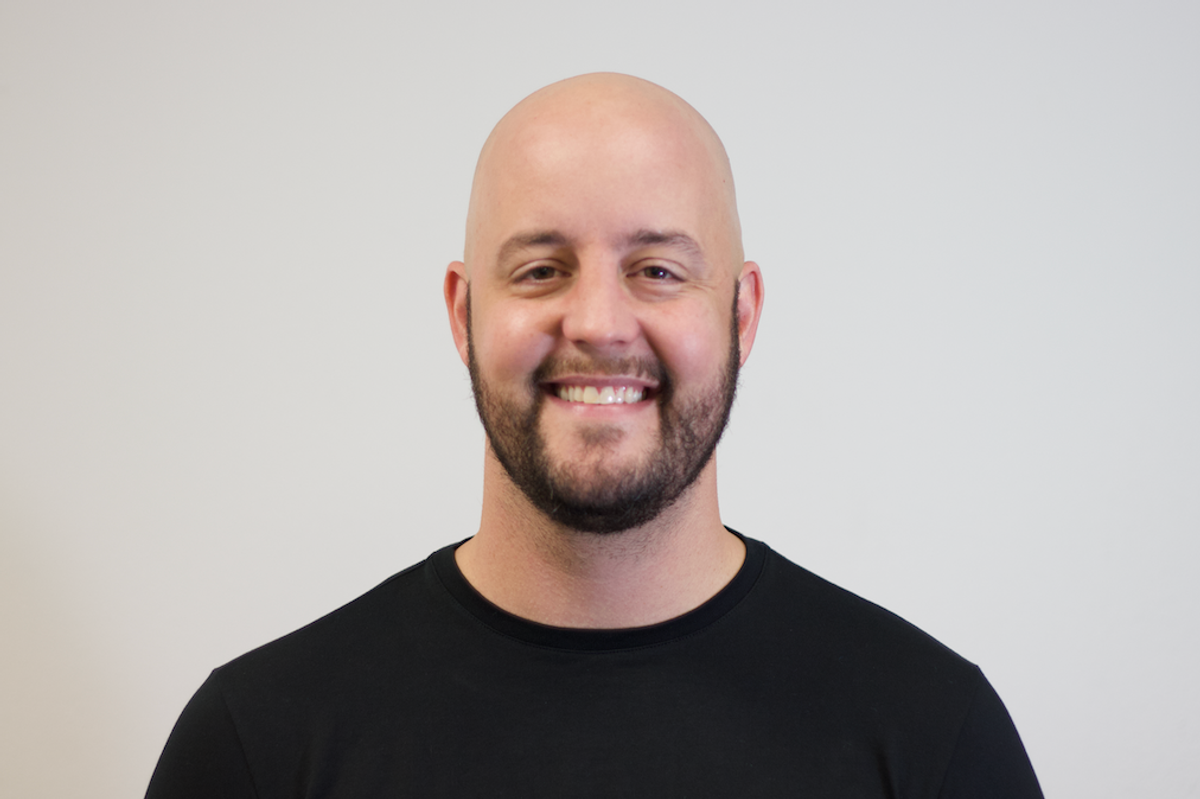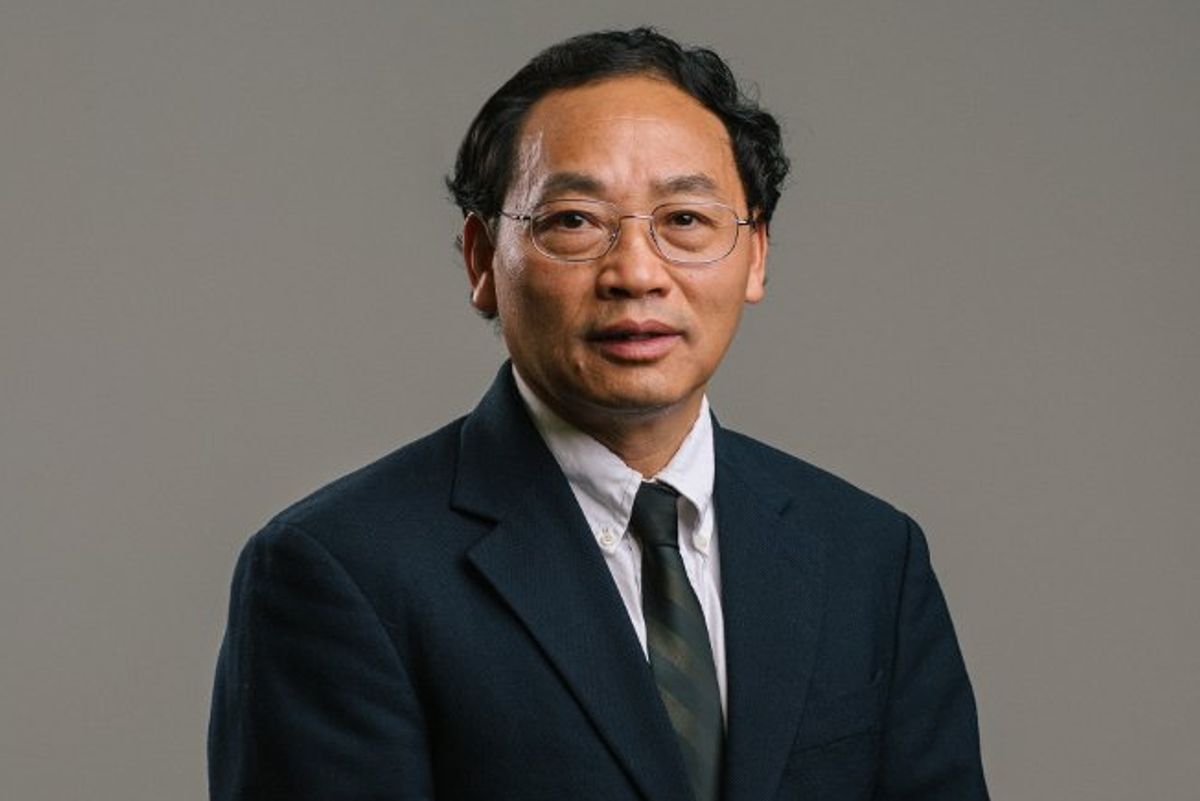Editor's note: Every week, I introduce you to a handful of Houston innovators to know recently making headlines with news of innovative technology, investment activity, and more. This week's batch includes three innovators across sports tech, clean energy, and more.
Vibhu Sharma, founder and CEO of InnoVent Renewables

Vibhu Sharma of InnoVent Renewables joins the Houston Innovators Podcast. Photo via LinkedIn
Vibhu Sharma observed a huge sustainability problem within the automotive industry, and he was tired of no one doing anything about it.
"Globally, humans dispose 1 billion tires every year," Sharma says on the Houston Innovators Podcast. "It's a massive environmental and public health problem because these tires can take hundreds of years to break down, and what they start doing is leaking chemicals into the soil."
Today, 98 percent of all tires end up in landfills, Sharma says, and this waste contributes to a multitude of problems — from mosquito and pest infestation to chemical leaks and fire hazards. That's why he founded InnoVent Renewables, a Houston-based company that uses its proprietary continuous pyrolysis technology to convert waste tires into valuable fuels, steel, and chemicals. Continue reading.
Ashley DeWalt, managing director of DivInc

Ashley DeWalt shares news of DivInc's newest partnership. Photo courtesy of DivInc
DivInc, a Texas-based accelerator focused on uplifting people of color and women founders, is collaborating with the NBA Foundation to provide Black Houston youth with paid internships at tech startups.
Leveraging its expansive portfolio of startups, DivInc will pair 25 Houston-based undergraduate and graduate students (ages 18 to 24) with tech companies the nonprofit has mentored. The 10-week internship program will provide students with professional development workshops and firsthand entrepreneurial experiences. The program also ensures a symbiotic relationship as the startups’ founders gain access to an expanded talent pool and further development opportunities via DivInc.
"We are thrilled to partner with the NBA Foundation to bring this transformative opportunity to life," says Ashley DeWalt, managing director of DivInc. "Together, we are bridging the gap between talent and opportunity, creating meaningful experiences that empower Black youth to lead in their communities and beyond." Continue reading.
Josh Teekell, founder and CEO of SmartAC.com

Josh Teekell shares news of SmartAC's latest funding. Photo courtesy
Houston-based SmartAC.com, which provides a customer loyalty management platform for contractors, has raised a follow-on round from Mercury Fund and other investors. The dollar amount of the round wasn’t disclosed.
An October filing with the U.S. Securities and Exchange Commission (SEC) indicates SmartAC.com planned to raise $8.2 million in venture capital. Of that sum, about $4 million had already been raised, the company reported, and nearly $4.2 million remained to be raised.
“Growing a business in the trades is all about customer loyalty, and loyalty is driven by optimizing the customer’s experience,” Josh Teekell, founder and CEO of SmartAC.com, says in a news release. Continue reading.



